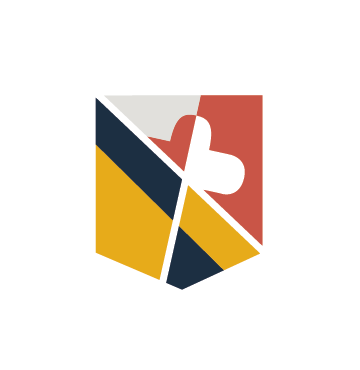MOOCs at University of Maryland, College Park
UMCP is in their second year of partnership with Coursera to offer MOOCs ranging from Quantum Physics to Women and Civil Rights. With over 800,000 students registered and ~13,000 signed up for the verified “signature track” option (for a fee), they are not only showing our educational leadership, but also directly improving their on-campus classes.







